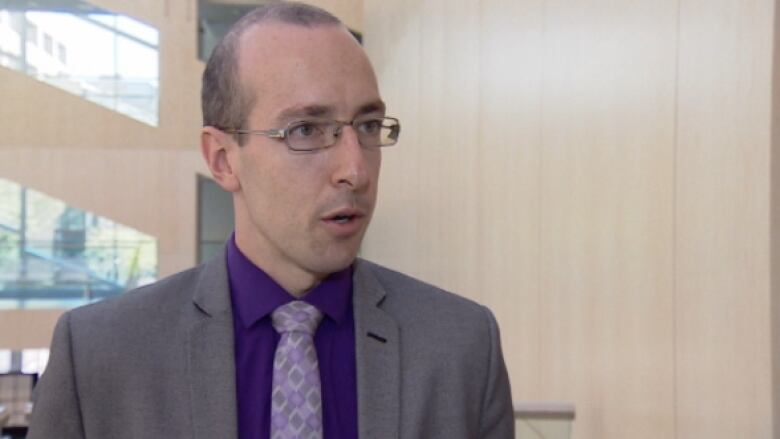Late night bus service proposed by city councillor

The issue of late night transit is on the agenda again at Edmonton city council.
On Wednesday, Coun. Andrew Knack introduced a motion asking administration to report on options for launching the service.
Knack said he noticed a need for late night buses after seeing people stranded downtown and on Whyte Avenue after the bars closed.
When I was leaving at the end of the night, at 2:30 in the morning, [I] noticed that there was a need for it, there were people waiting at bus stops for buses that were actually never going to come, he said.
Edmonton Transit runs buses and trains until about 1:30 a.m. Service doesnt resume until 5 a.m.
The city ran a three-month pilot project along Whyte Avenue in early 2012 with buses taking passengers from the popular entertainment strip to the University of Alberta and Southgate Transit centre. The service ran early Saturday and Sunday mornings until3:30 a.m.
In March 2013, councillors discussed the idea of expanding the pilot project, but it never went ahead.
Knack wants council to approve a one year project where Edmonton Transit run five routes on Friday and Saturday nights to take people to different parts of the city.
What you're looking at is Whyte Ave., you're looking at Jasper Ave. and then you're looking at those transit routes taking the people to different parts of the city which is why you need five routes, he said.
Police say they like the idea. Cabs aren't always available and buses can move intoxicated people off the avenue quickly, there is less of a propensity for violence, said Sgt. Maurice Brodeur.
So the quicker we can get crowds separated, the better an evening it will be for everybody," he said.
If approved, the service would cost about $1.3 million and start in early 2015. Knack said that the cost could be offset by transit fares.












_(720p).jpg)


 OFFICIAL HD MUSIC VIDEO.jpg)
.jpg)



























































































